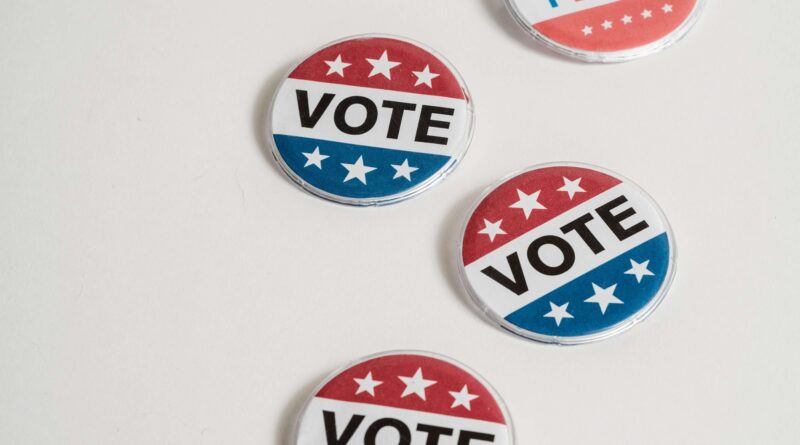15 Ways To Improve Election Integrity
15 Ways To Improve Election Integrity
Improving election integrity is crucial for maintaining a fair and trustworthy democratic process. Here is a list of ways election integrity could be improved:
- Voter Education:
- Increase public awareness about the importance of elections and the electoral process.
- Provide clear information on voter registration, polling locations, and voting procedures.
- Voter Registration:
- Implement and promote automatic voter registration.
- Ensure accurate and up-to-date voter rolls by regularly purging outdated or duplicate records.
- Secure Voter Identification:
- Establish secure and standardized methods for verifying voter identity.
- Consider technology solutions like biometric identification, while addressing privacy concerns.
- Paper Trail for Voting Machines:
- Ensure that electronic voting machines produce a verifiable paper trail for every vote cast.
- Implement routine audits of these paper trails to verify the accuracy of electronic vote counts.
- Cybersecurity Measures:
- Strengthen cybersecurity protocols to protect voter registration databases and voting systems from hacking or interference.
- Regularly update and patch voting system software to address vulnerabilities.
- Accessible Voting Options:
- Expand early voting opportunities to reduce long lines on Election Day.
- Implement vote-by-mail options, while ensuring the security and integrity of mailed-in ballots.
- Independent Redistricting:
- Establish independent, non-partisan commissions for the redistricting process to prevent gerrymandering and ensure fair representation.
- Campaign Finance Reform:
- Implement transparent campaign financing rules to reduce the influence of money in politics.
- Enhance disclosure requirements for political donations and spending.
- International Election Observers:
- Allow international election observers to monitor the electoral process, providing an external check on the fairness and integrity of elections.
- Comprehensive Election Security Training:
- Provide thorough training for election officials, poll workers, and volunteers on security protocols, fraud detection, and emergency response procedures.
- Post-Election Audits:
- Conduct routine, independent audits of election results to verify accuracy and identify any irregularities.
- Make audit results transparent and accessible to the public.
- Anti-Disinformation Campaigns:
- Implement strategies to counter misinformation and disinformation campaigns that may affect the perception of the electoral process.
- Collaborate with social media platforms to address the spread of false information.
- Transparent Ballot Design:
- Ensure that ballot designs are clear, easy to understand, and minimize the potential for errors.
- Conduct usability testing on ballot designs to identify and address any issues.
- Civic Engagement Programs:
- Encourage and support organizations that promote civic engagement and voter participation.
- Foster a culture of civic responsibility through educational programs in schools and communities.
- Legal Safeguards and Enforcement:
- Strengthen laws against voter suppression, intimidation, and any form of election fraud.
- Ensure timely and effective legal remedies in case of electoral disputes.
15 Ways To Improve Election Integrity
Continuous assessment and adaptation of these measures, along with a commitment to transparency, accountability, and inclusivity, are essential for maintaining and improving election integrity.
Wake Up America, Before It’s Too Late !




